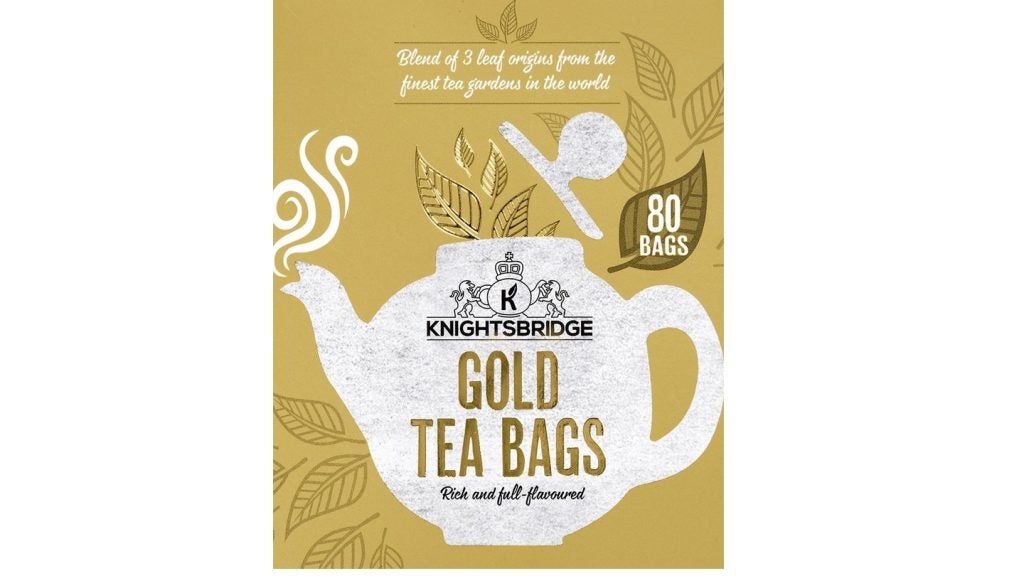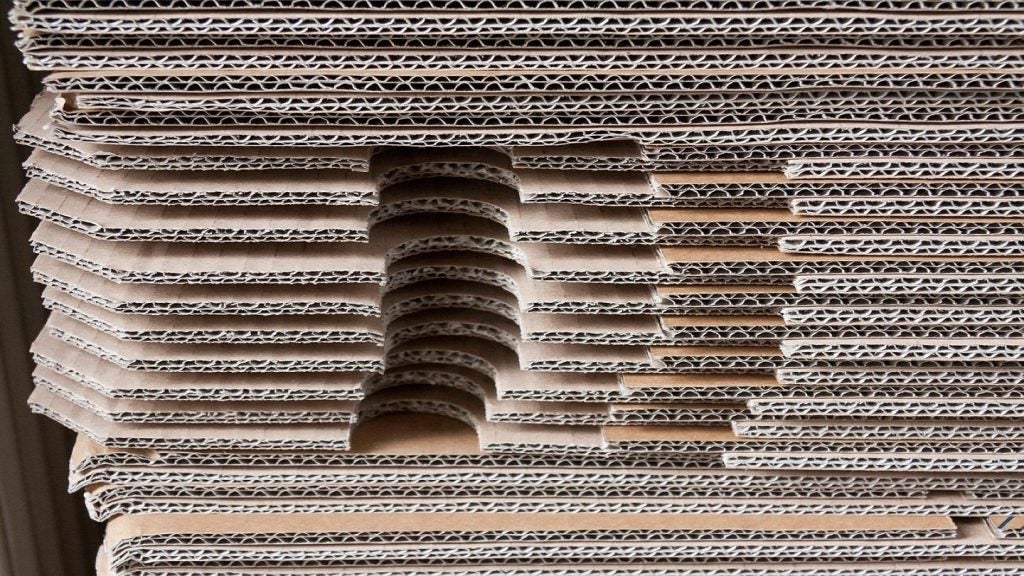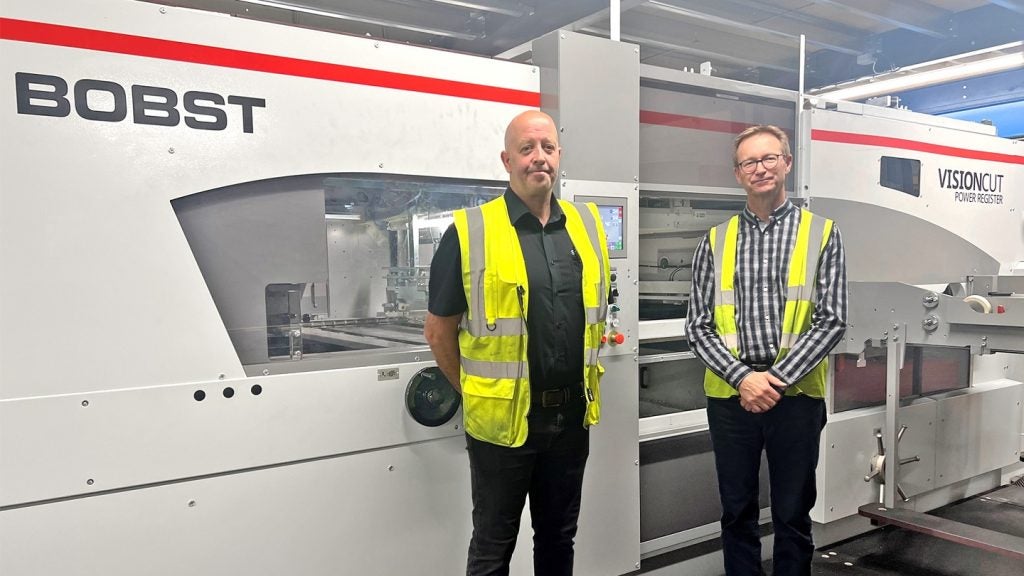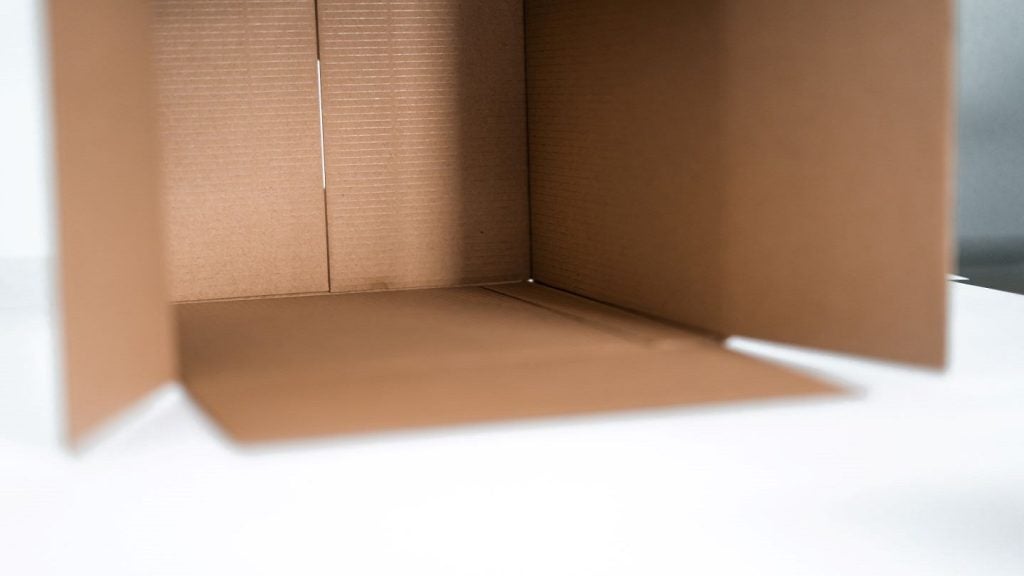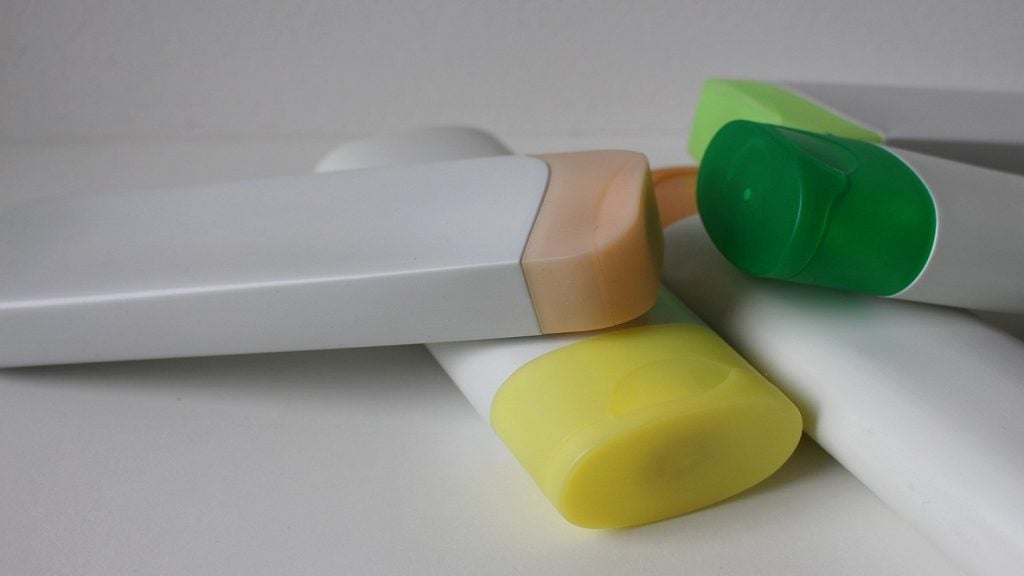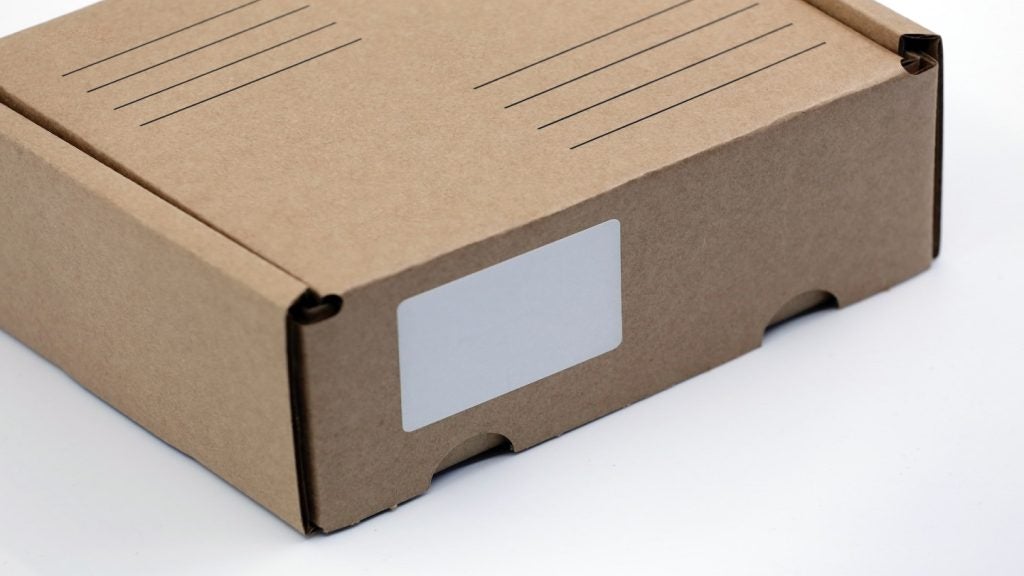Germany-based discount supermarket chain Lidl has unveiled plans to roll out fully compostable teabags, as part of its sustainable initiatives.
The plant-based, compostable teabags can be disposed of in either food or green waste bins at consumers' homes.
This move will enable the retailer to redirect approximately 800 million teabags away from traditional waste bins and, consequently, from ending up in landfills.
Produced using plant-based plastic called polylactic acid, the new teabags maintain the previous version's quality and flavour whilst being compostable.
Lidl's own-brand teabag varieties, ranging from its Deluxe Fairtrade Assam Tea to Knightsbridge Gold Blend Tea and Red Label Tea, will undergo this change.
The retailer will introduce these teabags in its stores within the next few months.
This initiative is part of the company’s ongoing efforts to lower its own-label plastic packaging by 40% by the end of 2025.
Lidl's head for Responsible Sourcing and Ethical Trade Shyam Unarket said: “Those buying teabags from Lidl are supporting our efforts to reduce single-use plastic going to landfill.
“We understand that even a few small changes to our products can benefit our customers, while helping us improve our impact on the planet - one cup at a time.”
In June this year, Lidl announced the integration of Prevented Ocean Plastic into its one-litre San Celestino Italian sparkling mineral water bottles.
The retailer utilises a minimum of 30% Prevented Ocean Plastic in its water bottle packaging.


